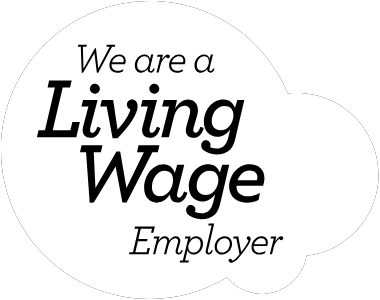We are into season 2 of the Leading by Nature podcast, and in his second interview, Giles Hutchins speaks to Gerbrand Haverkamp, Executive Director of the World Benchmarking Alliance (WBA).
At the top of the conversation we learn that WBA was set up to track the sustainability progress of the world’s largest 2000 private companies to enable peer comparison and accountability, giving visibility to what good performance looks like. In Gerbrand’s own words, ‘If there’s no accountability, we can’t penalise the laggards.’
Gerbrand gives his perspective on what Giles’ observes can feel like a ‘minefield’ of different standards and performance measures. He explains that while ESG seems to be the ‘flavour of the moment’ in investor driven corporate risk reporting, new BlueGreen initiatives are starting to emerge, thanks to the evolving expectations of society and the scientific community around the need to protect nature.
The conversation crystallises a key insight which Gerbrand neatly encapsulates, ‘What everyone is starting to understand is that it’s not only climate change that is adversely affecting nature, all business is dependent on nature, all value is built on it and companies are starting to understand how they impact nature. The investment community is waking up to that same notion.’
He uses the example of a fishing business to make the point that to a greater or lesser degree, the value we create is dependent on the health of natural ecosystems and what we can take from the planet. ‘Where nuance and confusion is coming in ESG is about understanding risk and understanding how climate change might impact a business. But the risk is that we are not looking at it the other way to ask how is the business impacting the environment? This is not necessarily the realm of investors.’ But they go on to talk about the growth of impact investing which consciously channels capital into nature based solutions that are planet positive.
The interesting organisational ‘inner nature’ observation about WBA that we get to share is ‘No matter its size, it will forever be too small, if you are holding the world’s most powerful 2000 companies to account. It always had to be an alliance that builds and feeds into the work of others that manages to create a movement.’
This insight is one of the reasons why the WBA team makes time to work on its culture, working with Giles, visiting Springwood, developing principles and practices around devolved decision making and a flatter, more self- managing structure that unlocks the value of the diversity in the organisation.
In his final tip to share with other leaders, Gerbrand notes; ‘ For every meaningful change that you seek to pursue as an organisation, you have to develop a theory of change. We have a tendency to put ourselves in the centre of what needs to happen – we can’t really help ourselves, but to see the world from our own perspective. A big shift is to learn to place yourself in a much bigger system, try to understand where your organisation sits in relation to everything around you. Being able to sense the expanding systems that we are operating in, means we get a different perspective.’
S2 E02: Gerbrand Haverkamp: Executive Director at World Benchmarking Alliance
Listen on Spotify and Apple Podcasts here
Click here to listen to previous ‘Leading by Nature’, episodes.






